Keywords: Despair
There are more than 200 results, only the first 200 are displayed here.
-

INTERNATIONAL
- Gillian Bouras
- 19 April 2016
10 Comments
Pope Francis recently visited the island of Lesbos, another scene of immigrants' dire suffering, and surprised the world by taking 12 refugees back to Rome with him. Bernie Sanders asserted that the Pope, in his gesture of hope, is surely the greatest demonstration against a surrender to despair. I am still partly persuaded by Graham Greene's view of despair as being the unforgivable sin, but I'm also giving some thought to the distressing matter of indifference.
READ MORE 
-
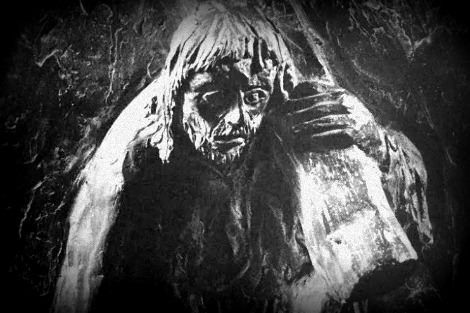
RELIGION
- Andrew Hamilton
- 24 March 2016
24 Comments
To many the challenge to endurance comes from a public world in which small gains are overtaken by huge losses. Why bother about people who seek protection from persecution or about our natural environment when the small initiatives we take are overrun by a flood tide of brutality and cynicism? What hope of building harmony in society when the Paris bombings are followed by those of Brussels? This challenge is universal, so the Christian celebration of Easter is of wider interest.
READ MORE 
-
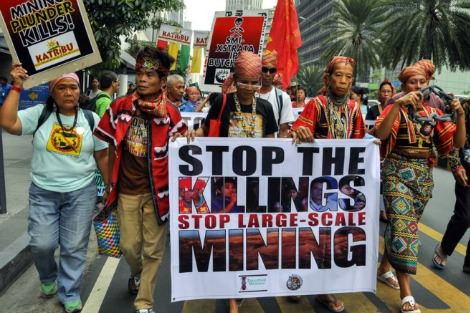
AUSTRALIA
- Fatima Measham
- 07 March 2016
3 Comments
In 2012, a pregnant woman and two of her children were killed in their own home in Tampakan, on the southern Philippine island of Mindanao. Tampakan is the site of a new mine with Australian interests. The woman was the wife of a B'laan tribal leader agitating against the mine. Over recent years indigenous peoples of Mindanao been harassed, displaced and killed by militias, some allegedly with the imprimatur of the Philippine army. Much of this has passed without notice in Australia.
READ MORE 
-

RELIGION
- Frank Brennan
- 07 March 2016
'On his last two visits to Latin America, Pope Francis has focused on past and present relationships between indigenous peoples and their colonisers. This Jubilee Year of Mercy perhaps it could be a blessed moment for Aboriginal Australians and descendants of their colonisers to walk together through the Door of Mercy at the St Francis Xavier Cathedral, calling to mind the sins and endeavours of the past, the achievements and commitments of the present, and the hopes and aspirations of the future.' Fr Frank Brennan SJ, Lenten Talk, Norwood Parish, 3 March 2016
READ MORE
-

CARTOON
- Fiona Katauskas
- 24 February 2016
4 Comments
This week's offering from Eureka Street's award winning political cartoonist.
READ MORE 
-
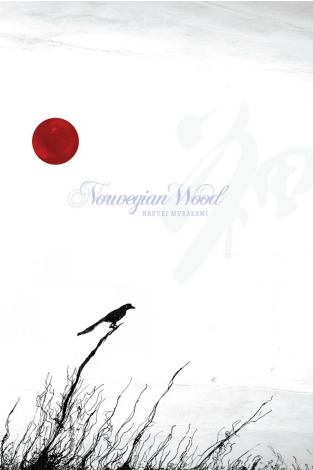
ARTS AND CULTURE
- Ellena Savage
- 19 February 2016
5 Comments
There's a part in Murakami's Norwegian Wood, I told a friend, where a character loses someone, and walks for weeks around Japan until he reaches the beach, where he just stares out to sea. I feel so desolate, I said, that that's what I want to do. I don't know for sure that that's what really happened in the book, or if I was really that desolate ... Maybe that's what reading is for; to build a repertoire of emotional and social situations in order to connect with feelings that don't have words.
READ MORE 
-
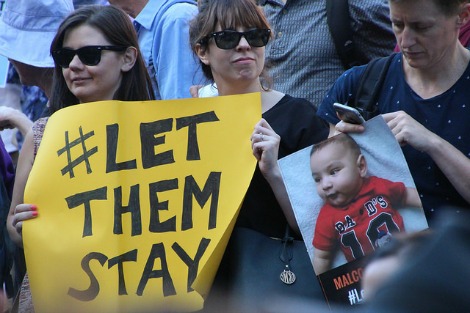
AUSTRALIA
- Andrew Hamilton
- 11 February 2016
15 Comments
The High Court decision on detention in Nauru came down just before the Christian season of Lent. It left the government free and determined to deport many young mothers and children to Nauru. For the mothers and children deportation will bring new trauma with renewed threat to their already precarious mental health. For the Australian public it again makes us ask what brutality, even to children, we are ready to tolerate. The savagery of this treatment is a suitable subject for Lenten reflection.
READ MORE 
-
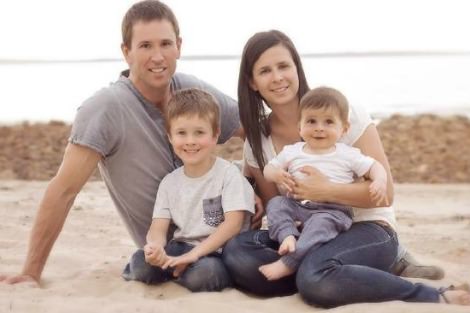
AUSTRALIA
- Lyn Bender
- 18 January 2016
18 Comments
In the early hours of a brand new year, two small boys had their lives extinguished by a purportedly depressed father. For me this event brought to mind two cases from a past life, when I was the manager of Melbourne Lifeline. One was a woman who disclosed that she had killed her two small children a decade earlier. In a second case, a belligerent suicidal man expressed rage towards his former partner, who was about to remarry. I asked pertinent questions. Would he harm his children? 'Yes.'
READ MORE 
-

RELIGION
- Frank Brennan
- 09 December 2015
2 Comments
'I joined the Jesuits in 1975 just as the previous 32nd General Congregation (GC32) was concluding. Pedro Arrupe was at the height of his powers. That Congregation asked the question: 'What is it to be a companion of Jesus today?' and answered unequivocally, 'It is to engage, under the standard of the Cross, in the crucial struggle of our time: the struggle for faith and that struggle for justice which it includes.' I have always regarded myself as a GC32 Jesuit. Many of those who gathered for GC33 thought that the GC32 mission was a little too one-dimensional. I suspect Bergoglio was one of those.' Frank Brennan on the eve of the Catholic Church's Jubilee Year of Mercy.
READ MORE
-

AUSTRALIA
- Lisa Stewart
- 07 December 2015
14 Comments
The first thing I see is a familiar tableau: Mother and Child, seated, the sweep of the lines of the mother's body sculpting a circle of security and warmth around the gentle wrigglings of her baby. Except that this is no Christian Madonna, but a young Muslim woman in her early 30s, quiet, gentle and shy. Seated on her lap is her little child who has my heart the minute I lock eyes with her. Dancing around her is a skinny, black-haired seven-year-old girl with the same smile, and far too much energy for the space permitted her.
READ MORE 
-

RELIGION
- Frank Brennan
- 30 November 2015
6 Comments
'No one doubts the pastoral sensitivity of Pope Francis. But the Church will continue to suffer for as long as it does not engage in open, ongoing discussion and education about the issue of women's leadership. The official position is no longer comprehensible to most people of good will, and not even those at the very top of the hierarchy have a willingness or capacity to explain it.' - Fr Frank Brennan SJ outlines five challenges and opportunities for the Catholic Church in the 21st century.
READ MORE
-
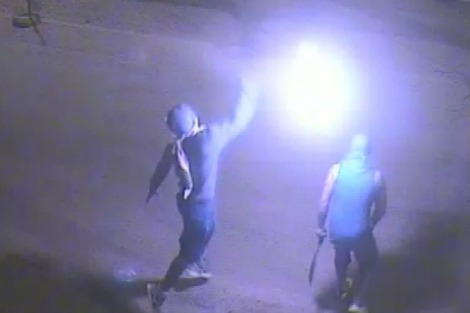
AUSTRALIA
- Andrew Hamilton
- 26 November 2015
6 Comments
Questions remain regarding the recent death and disturbance on Christmas Island, posed by the responses by New Zealand and Australian government ministers to the unrest. New Zealand Internal Affairs Minister Peter Dunne compared the Christmas Island regime to Guantanamo Bay. Australian Minister for Immigration Peter Dutton emphasised the $10 million damage to property. Both responses were partial. At a deeper level the riot was the predictable outcome of a brutal government policy.
READ MORE 